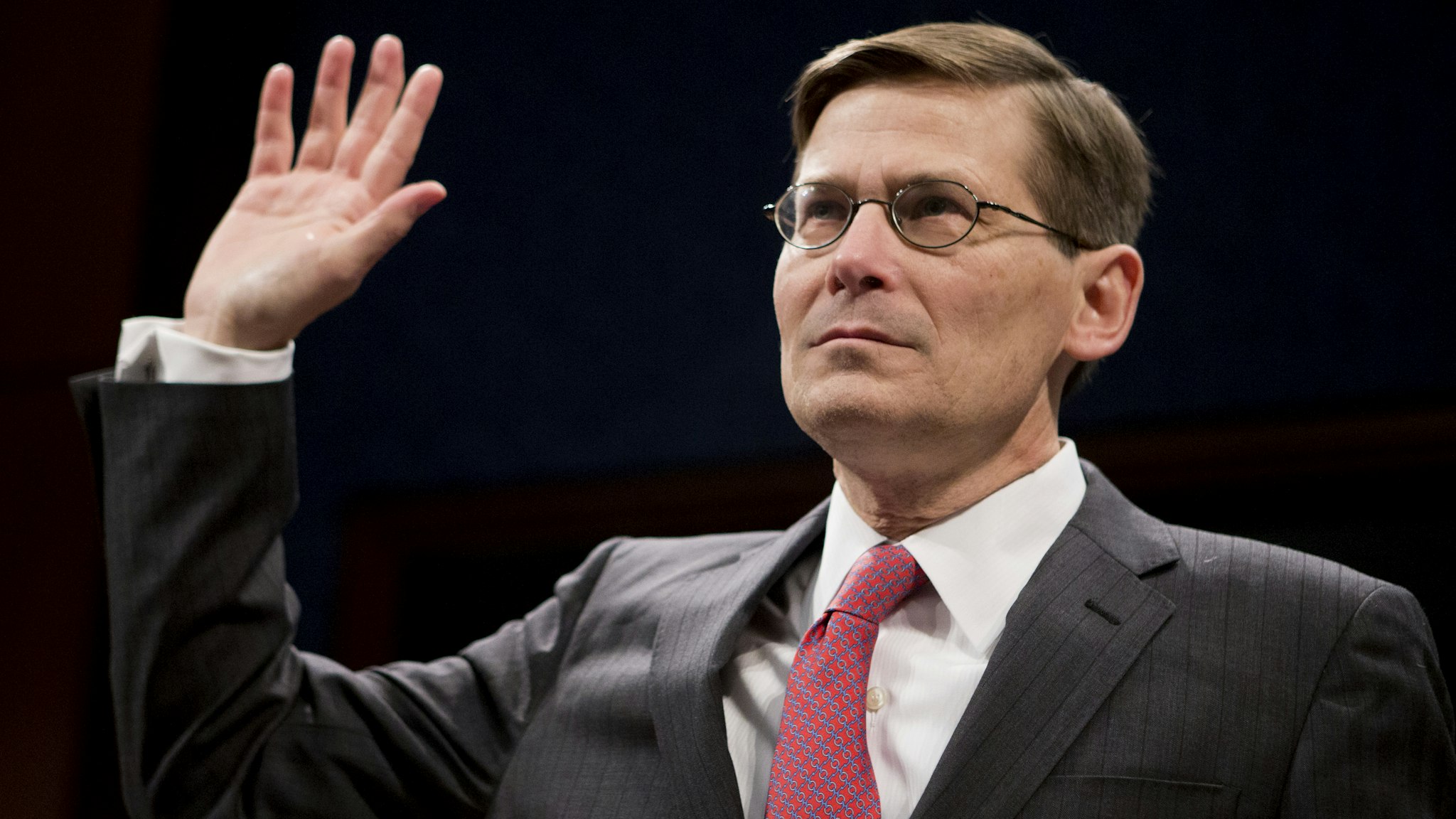The Select Committee on Benghazi released a draft of its final report on Tuesday, describing Obama Administration officials as prioritizing “message discipline” over transparency with the public.
While the September 11, 2012 Islamic terrorist attack in Benghazi was still ongoing, an emergency White House meeting dedicated 5 of 10 “action items” to an obscure “anti-Islamic” YouTube video. The White House prioritized the sending of requests to Google to take down “anti-Islamic” videos alongside the deployment of military assets to rescue Americans in peril.
In a section entitled “Circling the Wagons,” the report states:
“While many lower- and mid-level State Department employees in contact with the Embassy in Tripoli believed Rice went too far on the talk shows, senior officials at the State Department and White House did not appear to share that sentiment. Instead, these senior officials appeared concerned more about supporting Rice’s statements and ensuring any future statements on the attacks were disciplined than ensuring they were reflective of what had actually transpired.”

Susan Rice’s scripted parroting of the Obama Administration’s inaccurate talking points during her Sunday show interview circuit was noticed by State Department employees “closest to the facts of the situation.” With the 2012 presidential election less than two months away, the White House focused on the superficial optics of partisan politics.
“WH [White House] very worried about the politics. This was all their doing,” wrote the State Department’s Senior Advisor for Strategic Communications at its Bureau of Near East Affairs.
He also wrote, “Yup. Luckily there’s enough in [Susan Rice’s] language to fudge exactly what she said/meant,” noting Rice’s use of obfuscatory language in order to facilitate future flexibility.
The State Department’s Senior Libya Desk Officer at the Bureau of Near Eastern Affairs wrote, “I think Rice was off the reservation on this one.”
“Off the reservation on five networks!” responded the State Department’s Deputy Director of the Office of Press and Public Diplomacy at the Bureau of Near Eastern Affairs.
“The blame lies entirely with Washington,” wrote Gregory Hicks, then Deputy Chief of Mission at the US Embassy in Tripoli. Hicks was not consulted by Rice, directly or indirectly, in order to help prepare for her Sunday show interviews.
The White House’s false description of attack as spontaneous was at odds with Libya’s de facto President Mohammed Magariaf’s take, who said the attack was premeditated by Islamic terrorists.
Contradicting Magariaf violate a “cardinal rule of diplomacy,” according to Hicks, who wrote:
“So Magariaf, at great personal risk to himself, goes to Benghazi to initiate an investigation and lend his own personal gravitas. Remember he’s from the Benghazi area himself. So he goes to lend his own personal gravitas and reputation to an investigation of what happens. And he gets on—and he is on these programs speaking from Benghazi, and he says this was an attack by Islamic extremists, possibly with terrorist links. He describes what happens. He tells the truth of what happened. And so, you know, Ambassador Rice says what she says, contradicting what the President of Libya says from Benghazi.
There’s a cardinal rule of diplomacy that we learn in our orientation class, and that rule is never inadvertently insult your interlocutor. The net impact of what has transpired is the spokesperson of the most powerful country in the world has basically said that the President of Libya is either a liar or doesn’t know what he’s talking about.
The impact of that is immeasurable. Magariaf has just lost face in front of not only his own people, but the world. And, you know, my jaw hit the floor as I watched this. I’ve never been—I have been a professional diplomat for 22 years. I have never been as embarrassed in my life, in my career as on that day. There have been other times when I’ve been embarrassed, but that’s the most embarrassing moment of my career.”
With President Barack Obama crafting a narrative of his own foreign policy and national security bona fides in the months leading up to the 2012 election, the White House described the Benghazi attack as spontaneously erupting from a preplanned protest. There is no evidence, however, that such a protest outside the Benghazi compound occurred.
Rice relayed this narrative during a Sunday show interview with left-wing CNN’s State of the Union (emphasis added):
“I have been to Libya and walked the streets of Benghazi myself. And despite what we saw in that horrific incident where some mob was hijacked ultimately by a handful of extremists, the United States is extremely popular in Libya and the outpouring of sympathy and support for Ambassador Stevens and his colleagues from the government, from people is evidence of that.”
CIA Deputy Director Michael Morell was onboard with the false narrative, helping draft the President’s Daily Brief (PDB) on September 13, 2012 which pointed to non-existent protests in Benghazi on September 11, 2012.

Former CIA Deputy Director Michael Morell is sworn-in on Capitol Hill in Washington, Wednesday, April 2, 2014, prior to testifying before the House Intelligence Committee. Morell, who edited the widely debunked talking points on the 2012 Benghazi attack, answered questions from the House intelligence committee in a rare open session. The hearing provides Morell with a chance to explain why he deleted references to al-Qaida.
The committee’s draft of its final report describes Morell’s poor work:
“Despite the September 13 piece being heavily vetted, going through the PDB process, and being widely distributed, the piece was rife with errors as the analysts themselves would later acknowledge. There were improper footnotes, poor and confusing phrasing, and most importantly, headlines that were not supported by any text. The result was a very poorly written piece containing inaccurate information that was relied on by those analyzing, discussing, and messaging the Benghazi attacks.”

